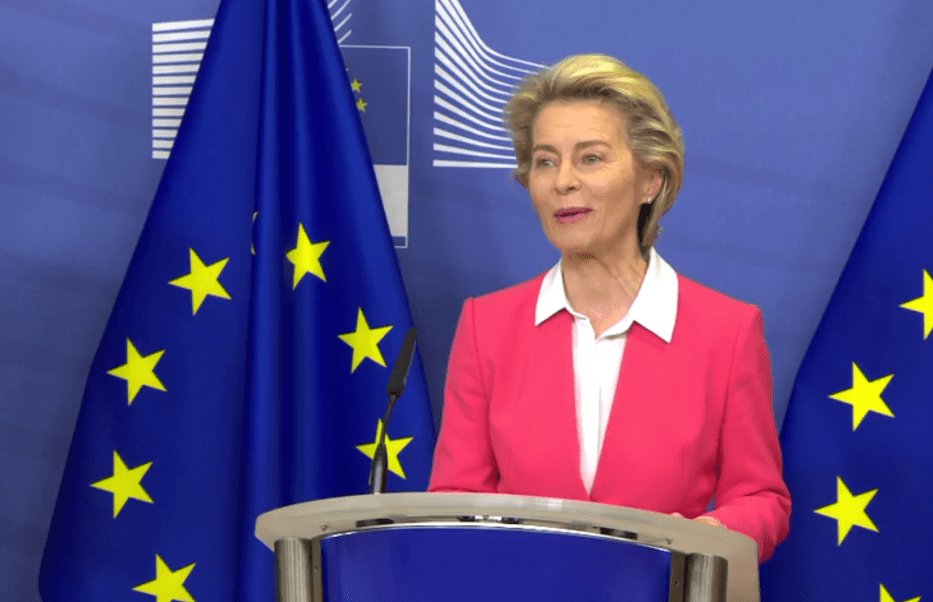Authorities declared a three-month state of emergency in early September after the worst flooding in 30 years.
To date, more than 860,000 people have had houses destroyed or damaged and more than 120 people have died.
Some 560 schools and thousands of health facilities have also been affected, compromising essential services to communities, especially in North Darfur, Khartoum, West Darfur and Sennar, which account for 52 per cent of all people affected.
400,000 reached and counting
The response by UN agencies and partners has reached more than 400,000 people so far, including emergency shelter and essential household items relief to over 181,000 flood-affected refugees, 1.87 million internally displaced people and Sudanese across the country.
Meanwhile, COVID-19 virus transmission has continued, with 13,653 confirmed cases of COVID-19 with 836 deaths, according official data from the World Health Organization (WHO).
Amid growing needs, surging inflation – reaching nearly 170 per cent in August – has caused a shortage of basic commodities and increased prices of some locally sourced supplies by 300 to 400 per cent.
“In some cases, by the time the procurement process is finalized, the supplies have increased prices, so that the original budgets are no longer valid”, said OCHA spokesperson Jens Laerke.
He explained that this meant the purchasing process had to begin again and “there is no guarantee that by the time that that process is done, that the prices will not have risen once again”.
Healthcare costs have also increased by up to 90 per cent, OCHA Sudan said in a recent tweet.
In Geneva, Mr. Laerke noted that the price of an average family food basket had increased by over 200 per cent since last year, based on World Food Programme (WFP) data, increasing pressure on already dramatic levels of food insecurity across Sudan, where 9.6 million people are described as “severely” in need.
Cash shortfalls and crop failure
Inflation has also affected the UN’s humanitarian partners which provide cash support to vulnerable families, as they are constantly having to adjust the amounts transferred, Mr. Laerke said.
Even with these adjustments, many families are no longer able to purchase what they need with the cash received: today, only one in four families who previously relied on outside assistance now receives it, the OCHA spokesperson said.
Another concern in Sudan is that large areas of farmland are under water or ruined just before harvest. “Most families in Sudan already spent around 65 per cent of their income on food, so these price hikes lead to increased hunger and less education, health and other services that families de-prioritize as they try to cope with the economic hardship”, Mr. Laerke explained.
Increased risks to pregnant women
The UN population fund (UNFPA) has estimated that some 187,500 women of reproductive age are living in temporary flood shelters with minimal protection measures to ensure their safety and security. The damage to health clinics, hospitals and latrines poses further risks.
12,000 women are pregnant and more than 1,300 women will give birth in the coming month, said the agency. Of these women, 600 will likely experience complications in birth and require life-saving sexual and reproductive health services.
In addition to urgent health needs, displaced women face limited settlement options, and financial difficulties as a result of job loss. They also face increased risk of gender-based violence, with limited services threatened by damaged facilities and networks.
“Sudan needs immediate support to ward off this humanitarian crisis”, said said Massimo Diana, the UNFPA representative in Sudan. “Flooding means that economic livelihoods are destroyed and that disproportionately affects women. Stress means more domestic violence. Local health services are interrupted and support networks are disrupted.”
UNFPA has helped to rehabilitate 16 emergency obstetric and newborn care facilities in seven regions of Sudan, support that can mean the difference between life and death for displaced pregnant women.

















